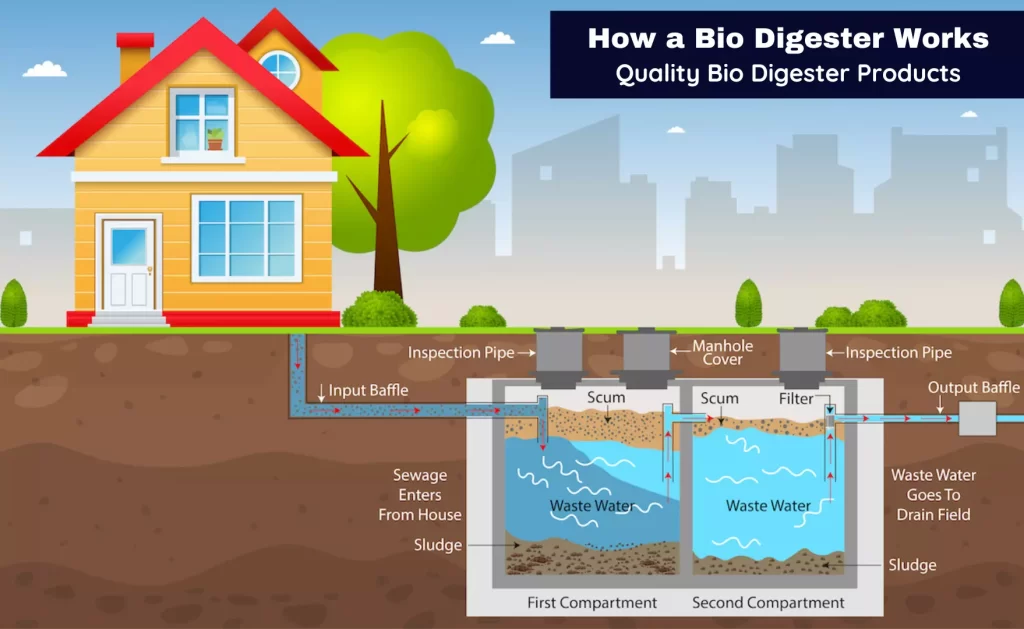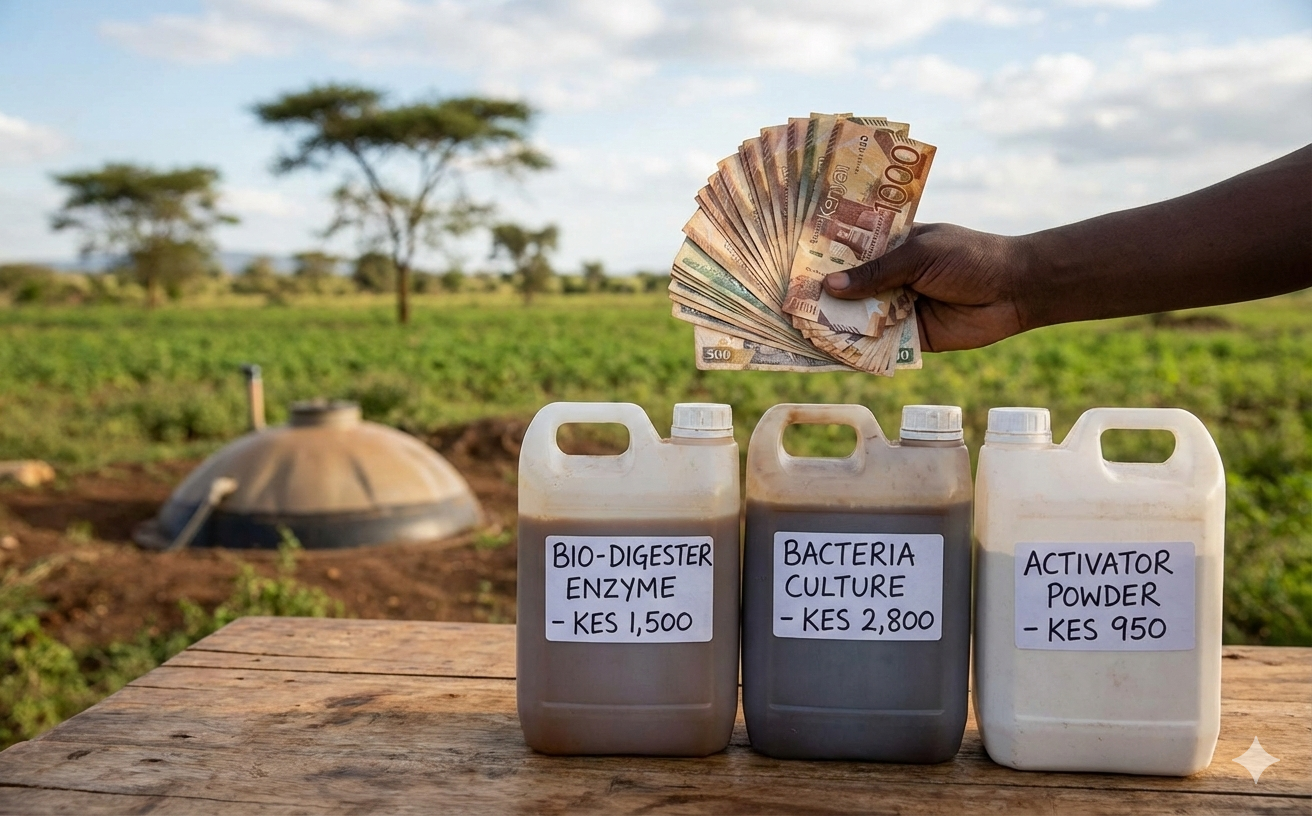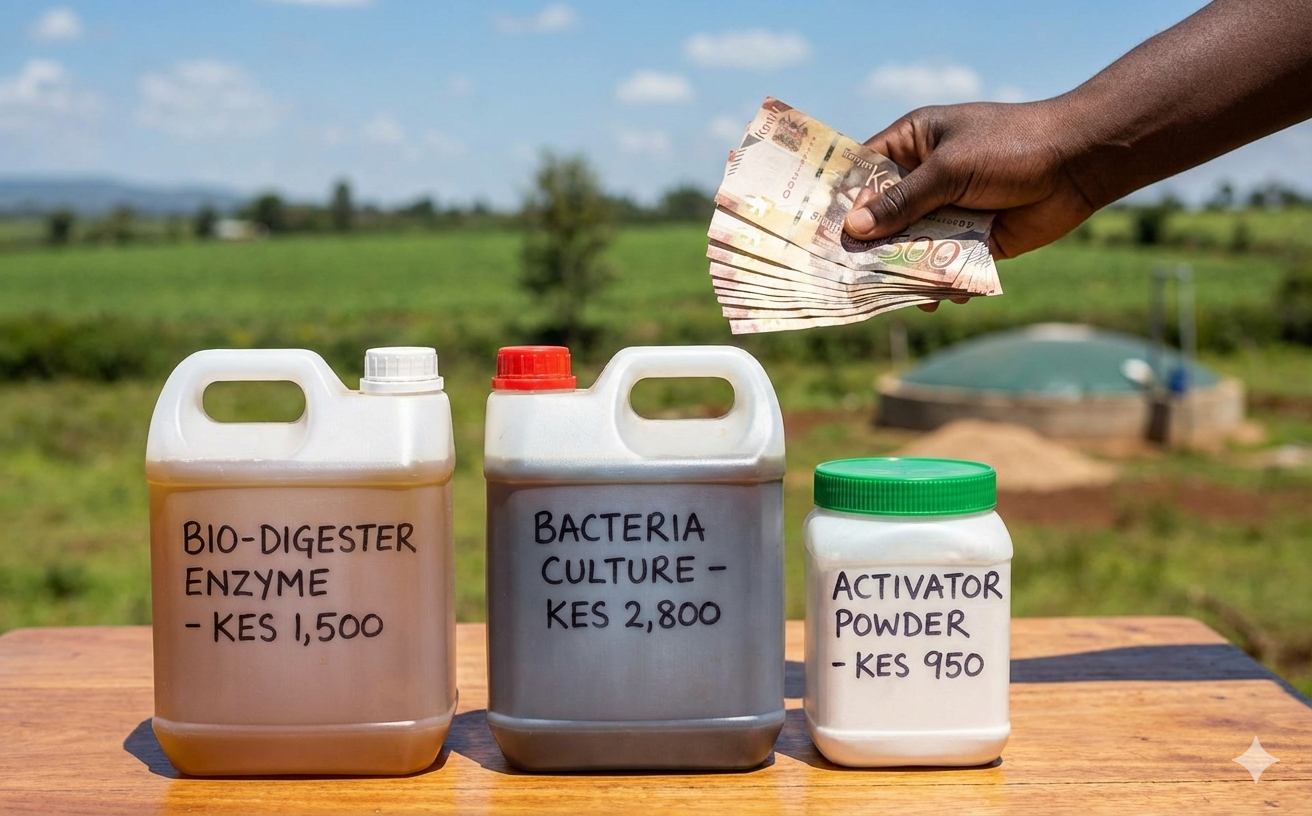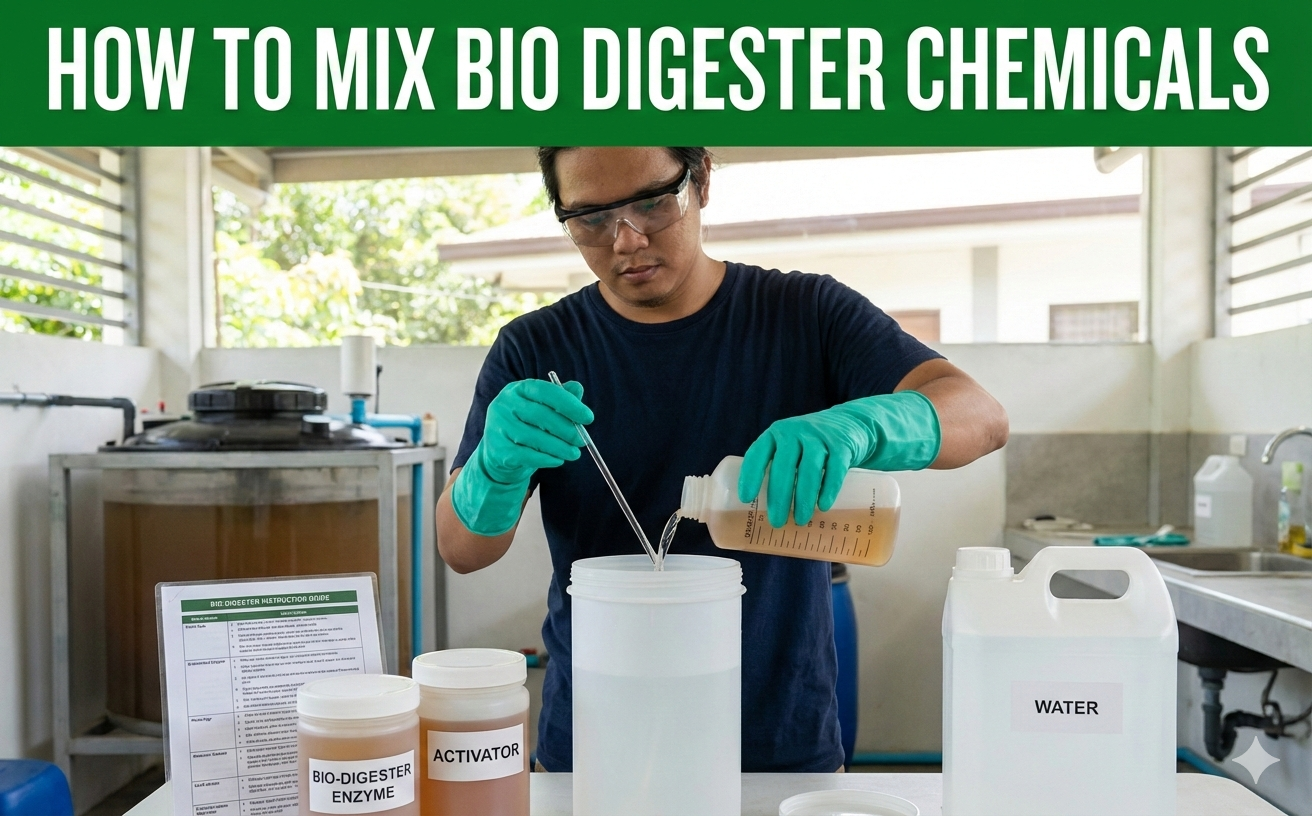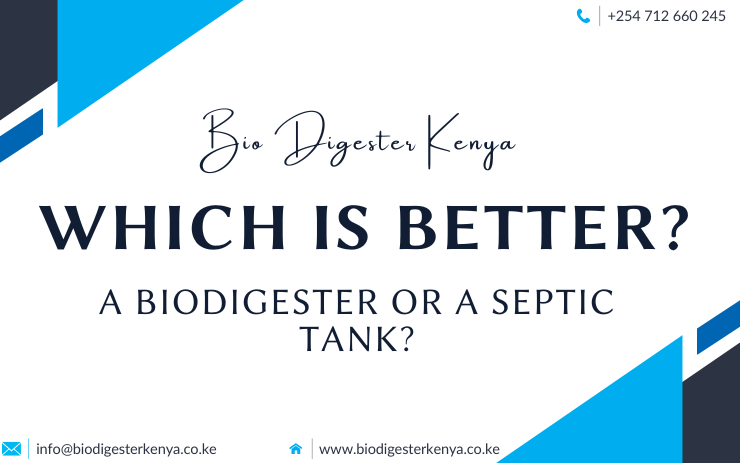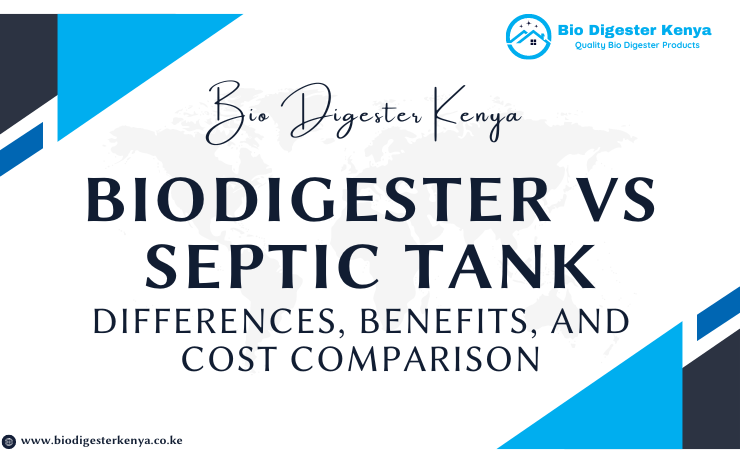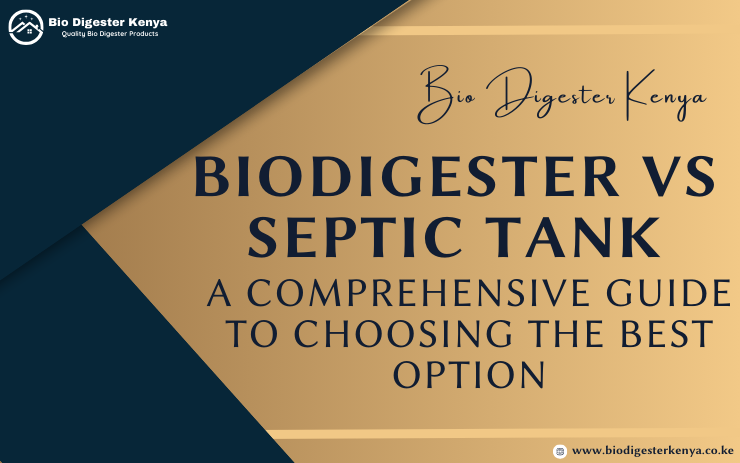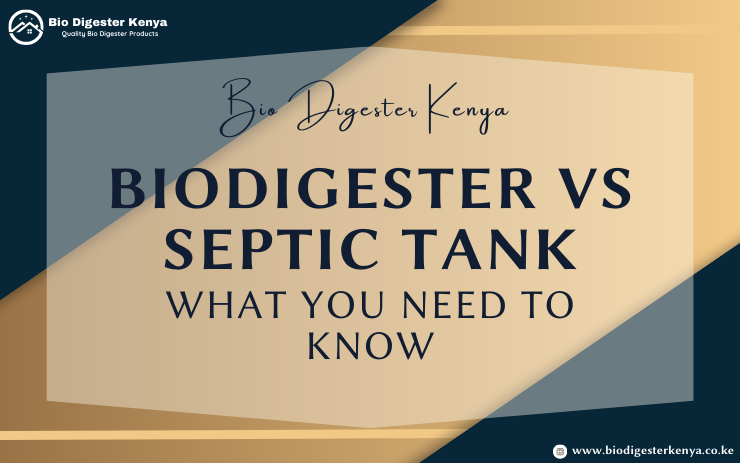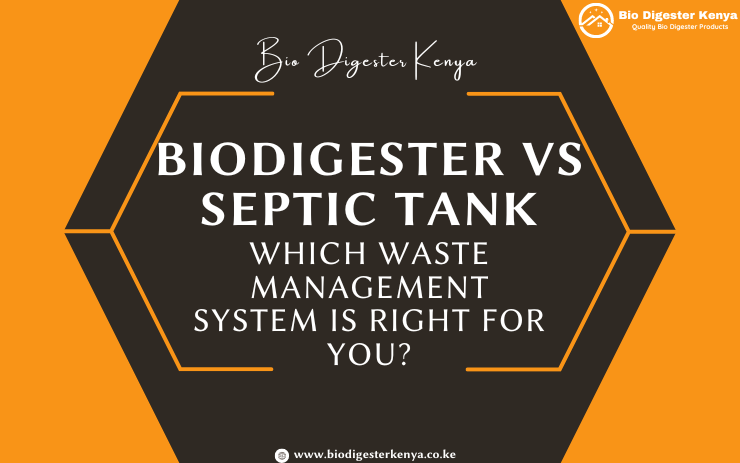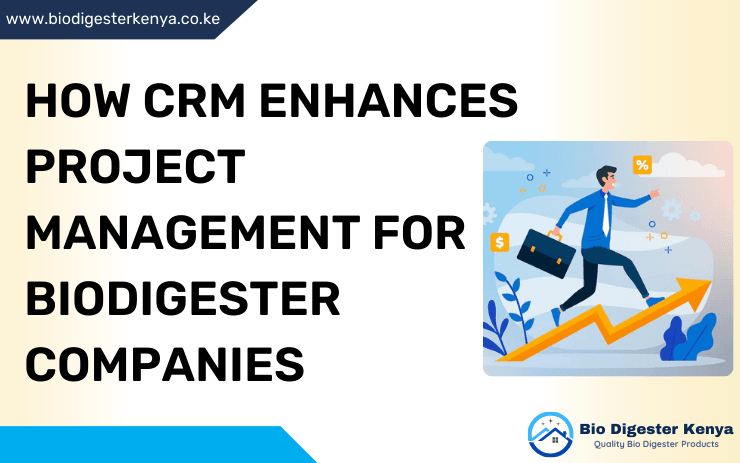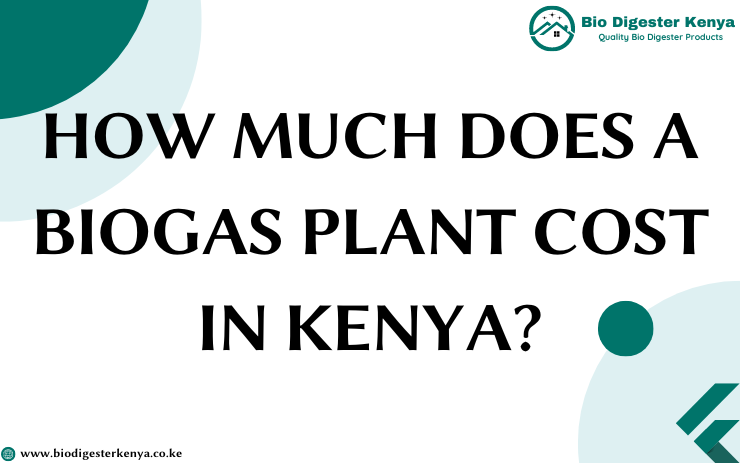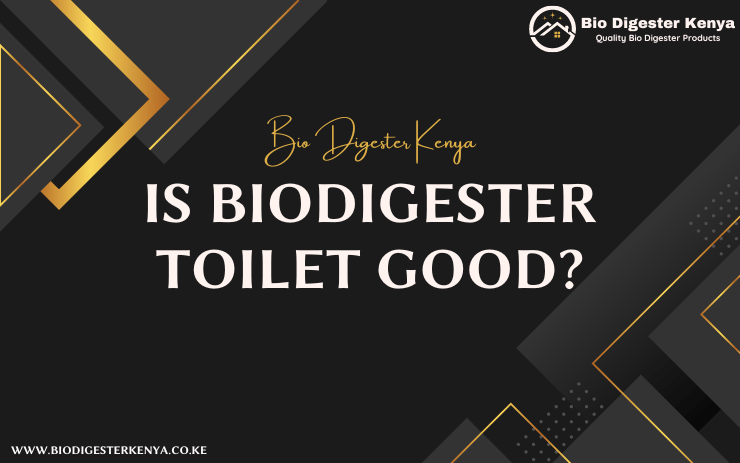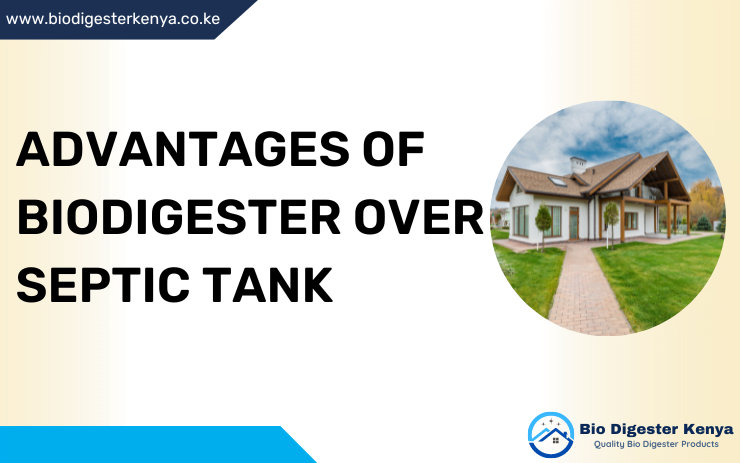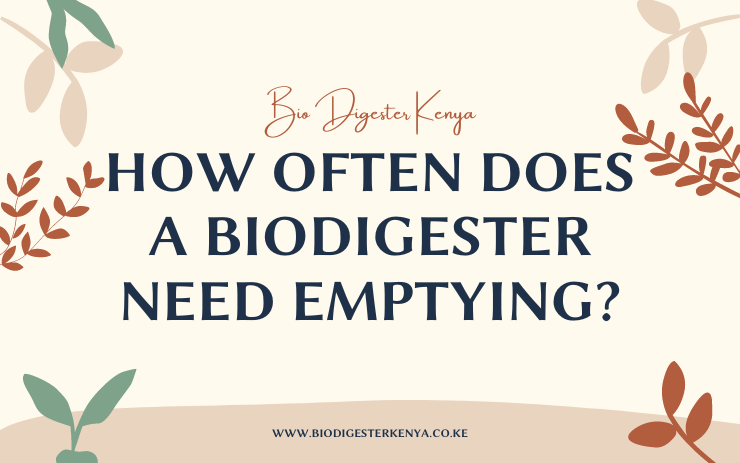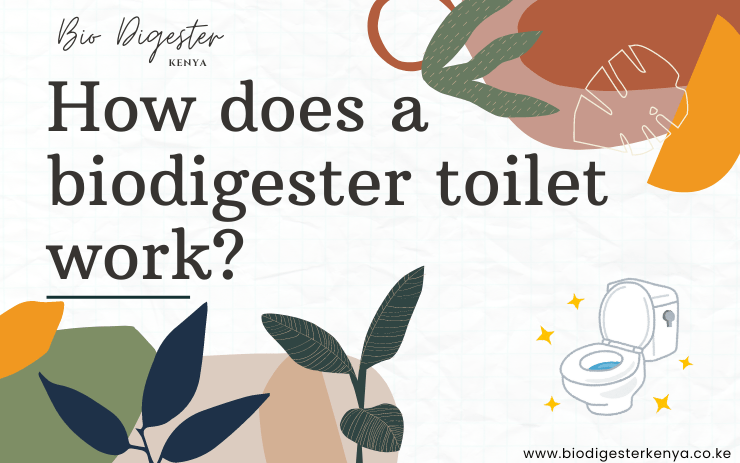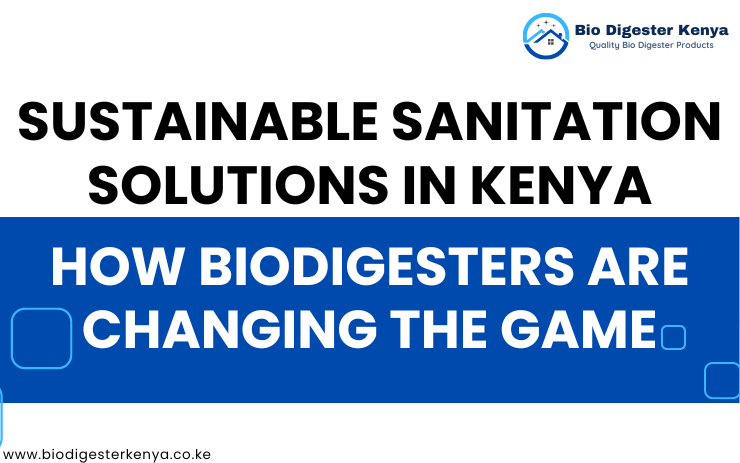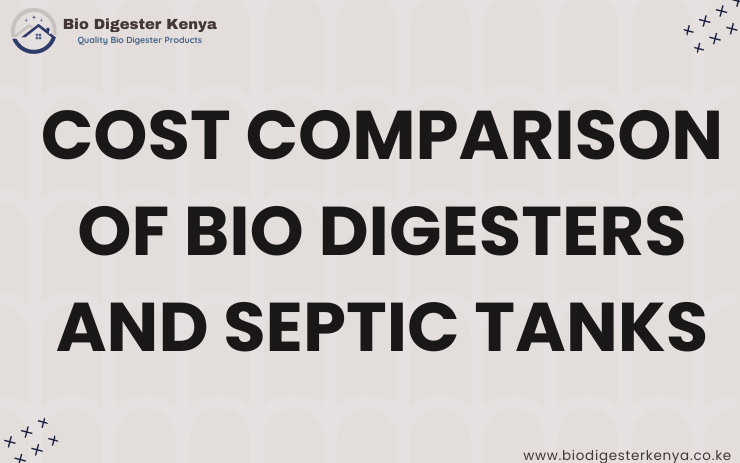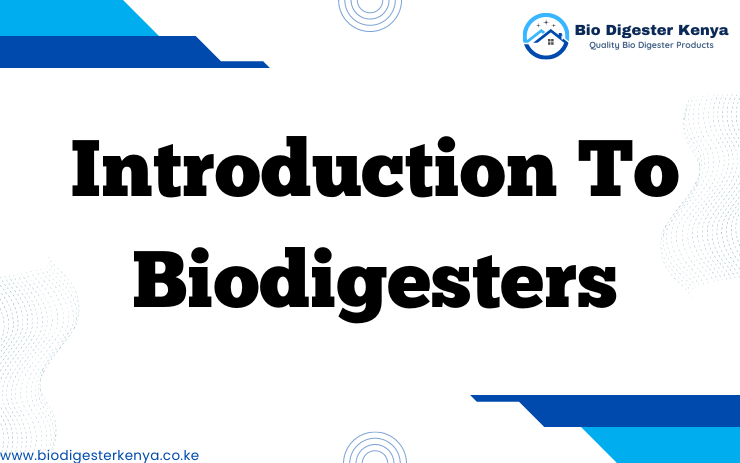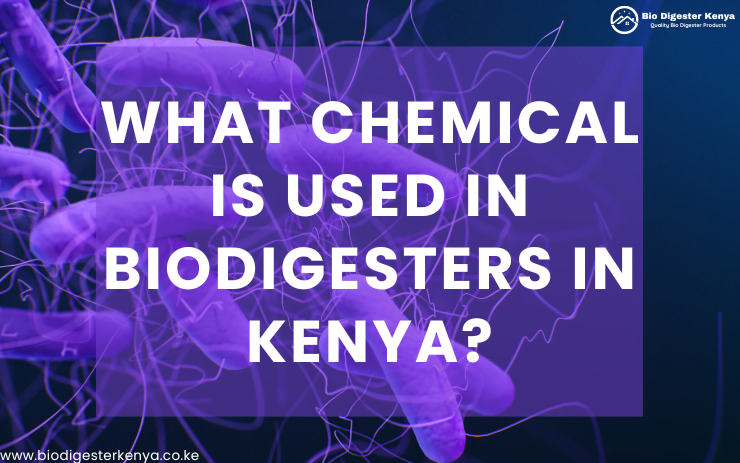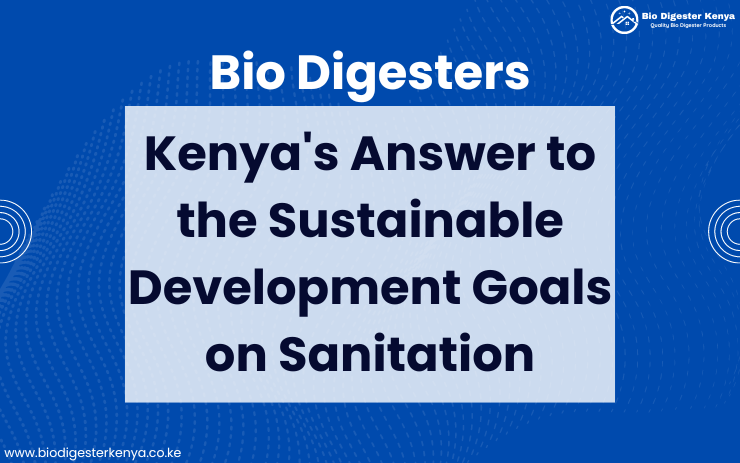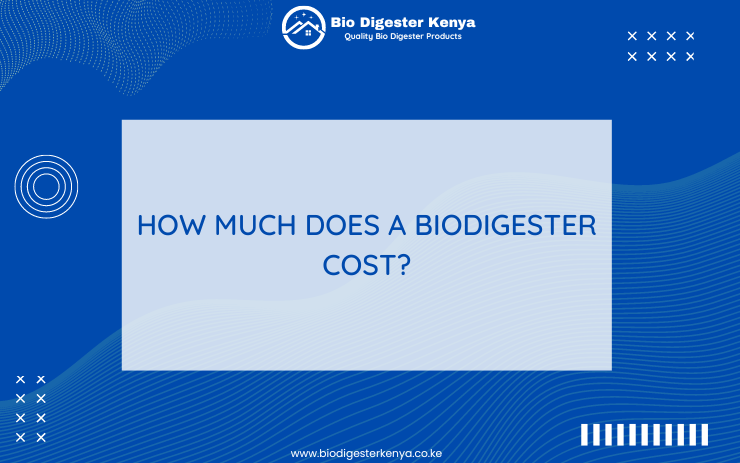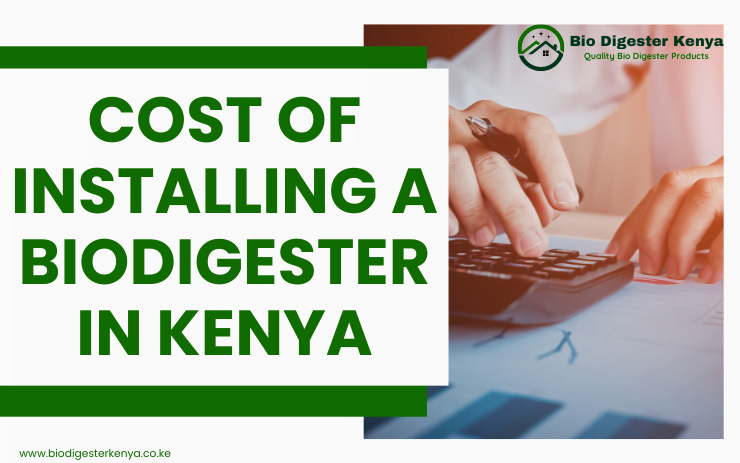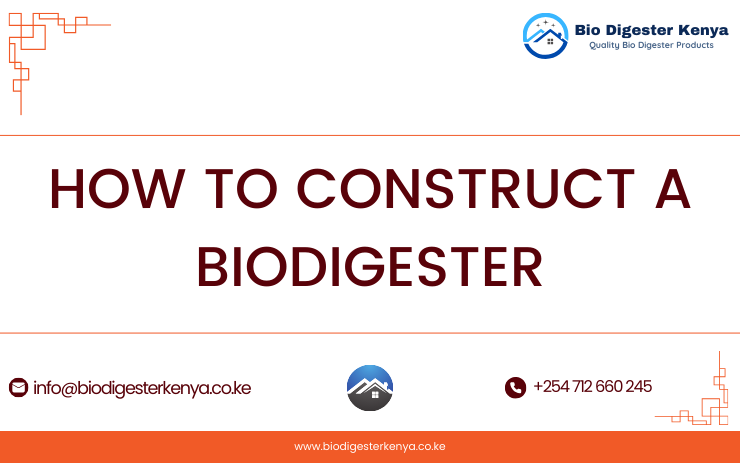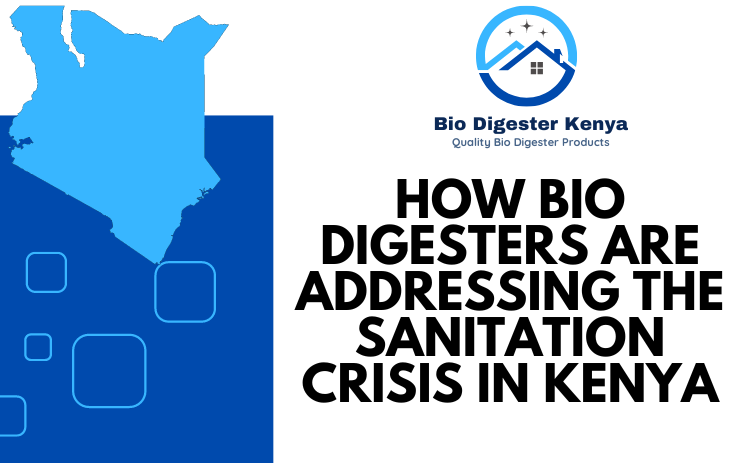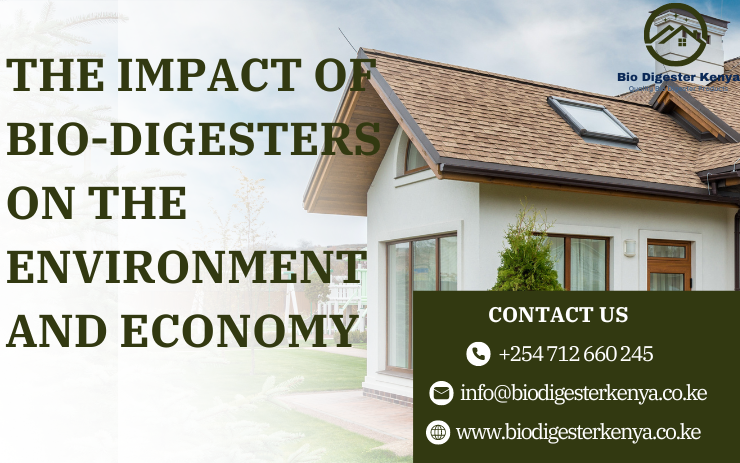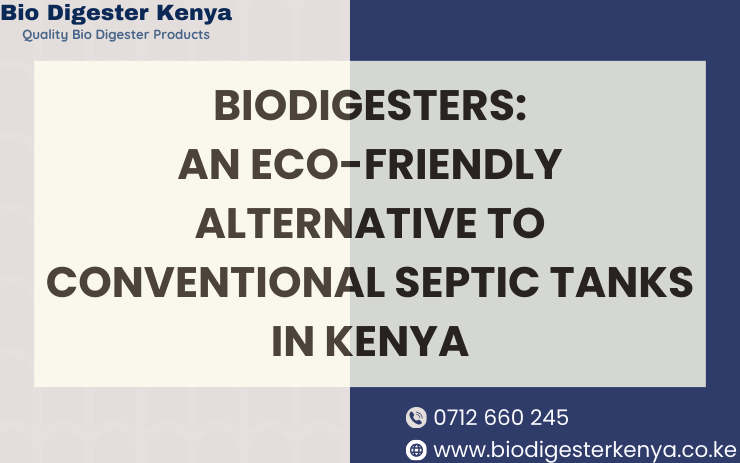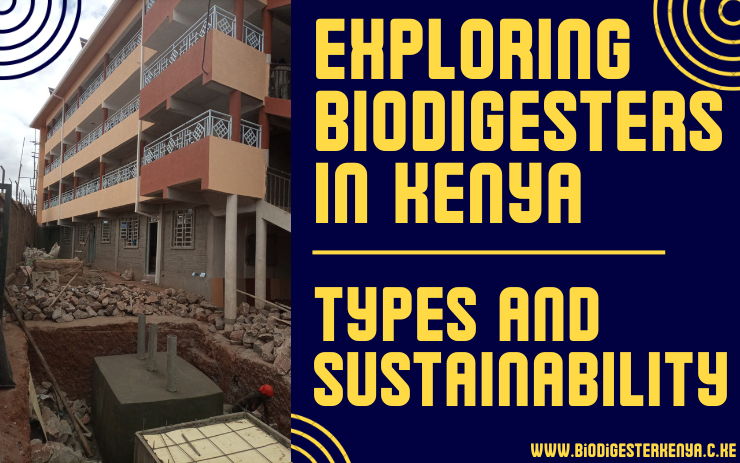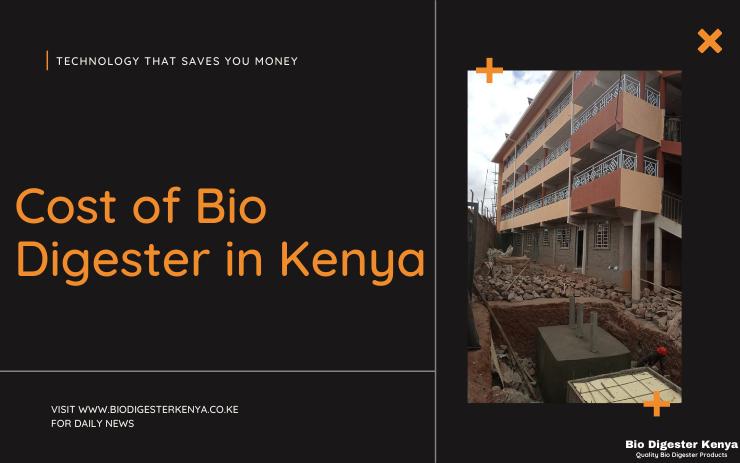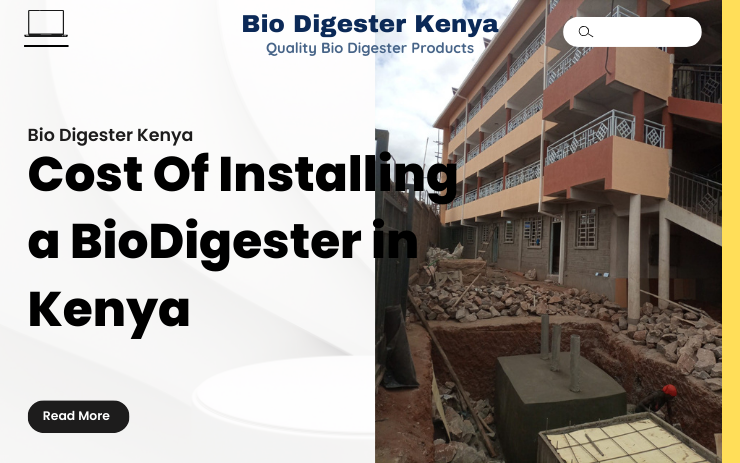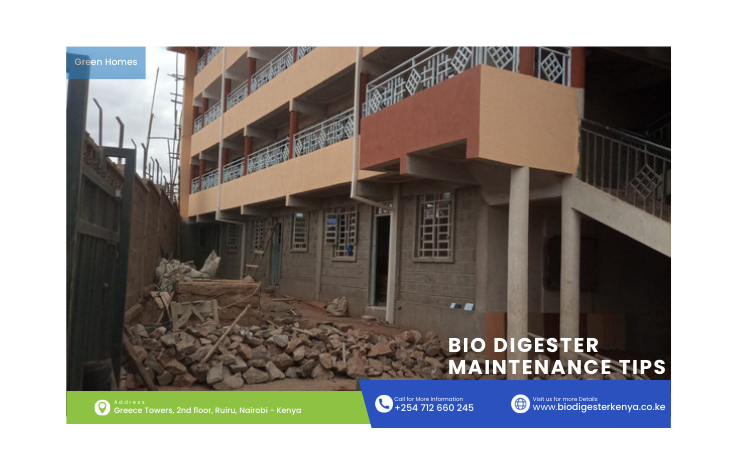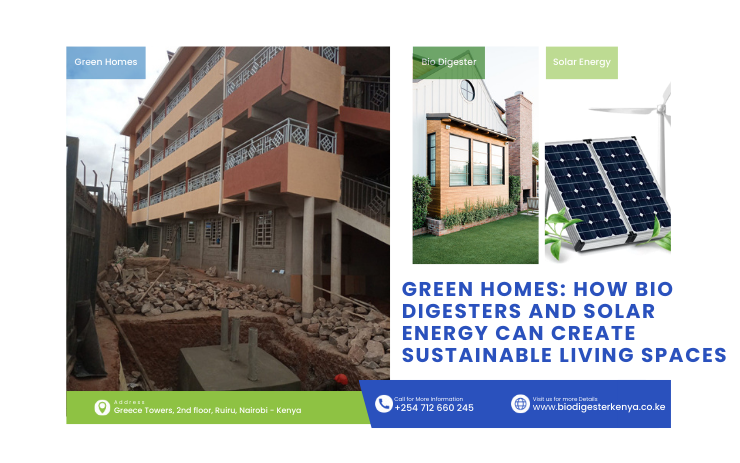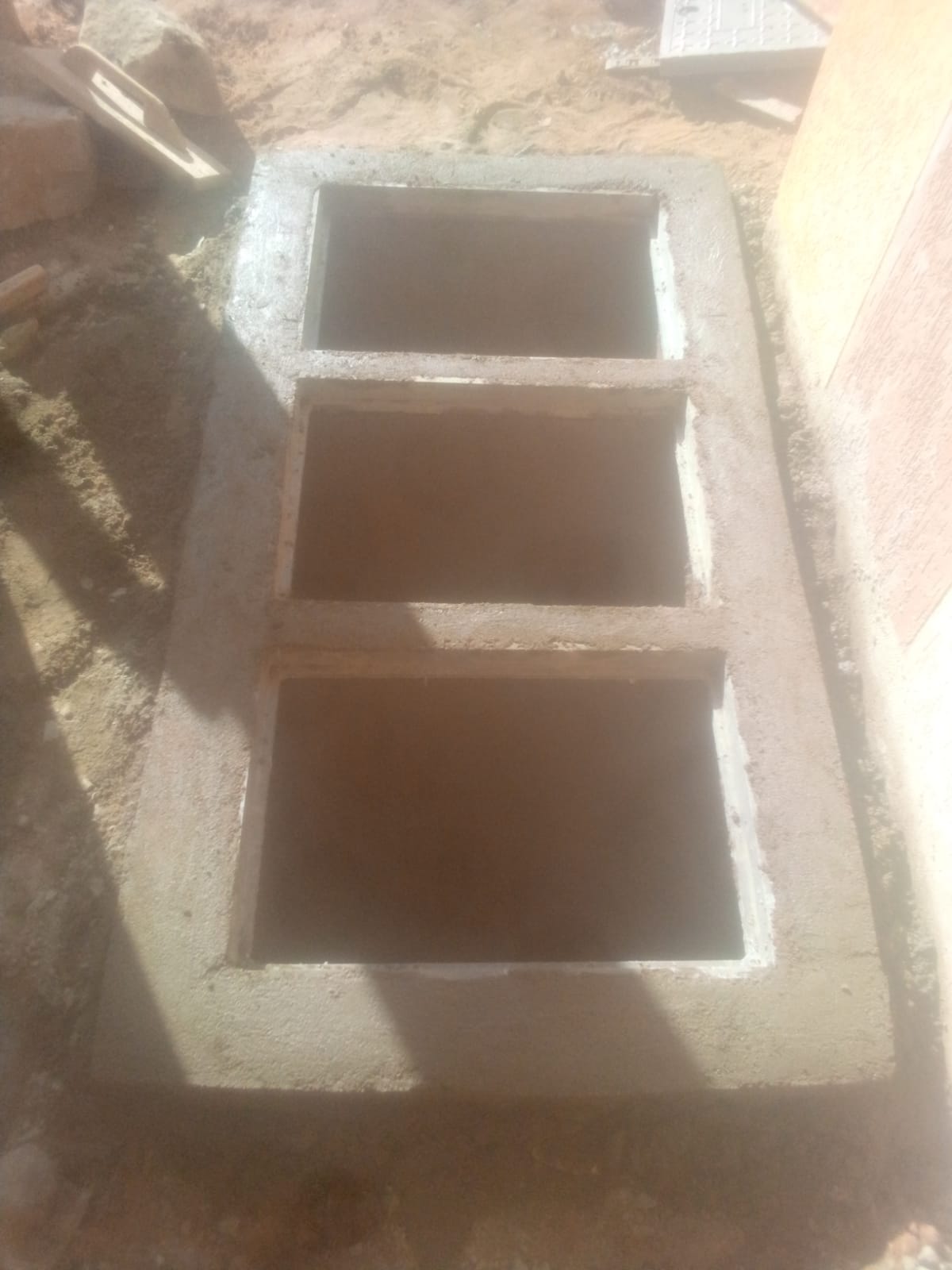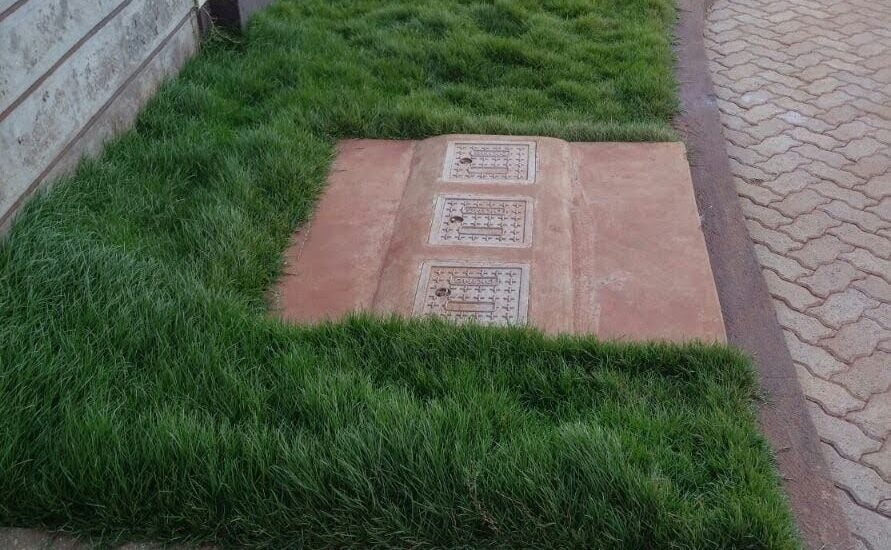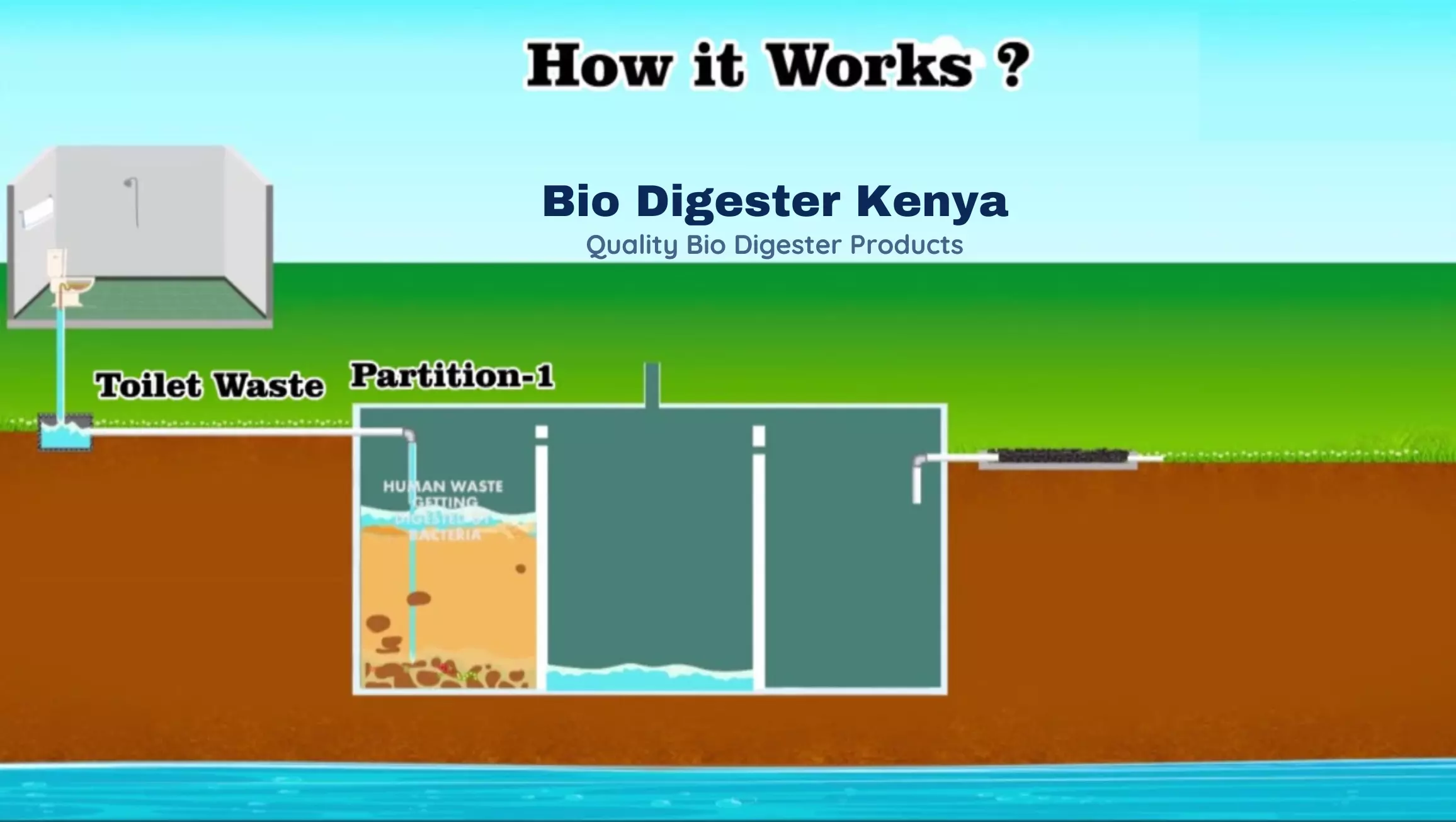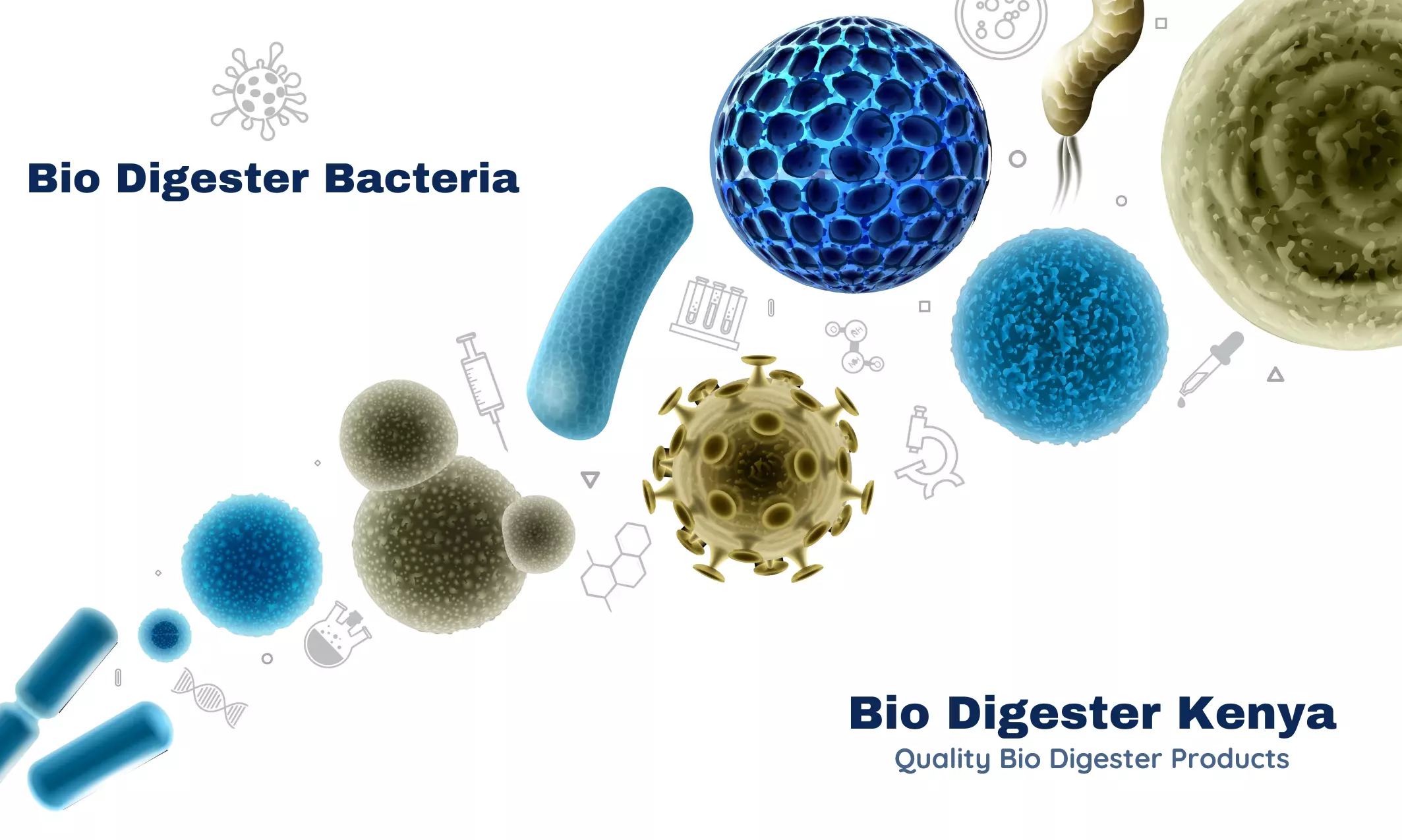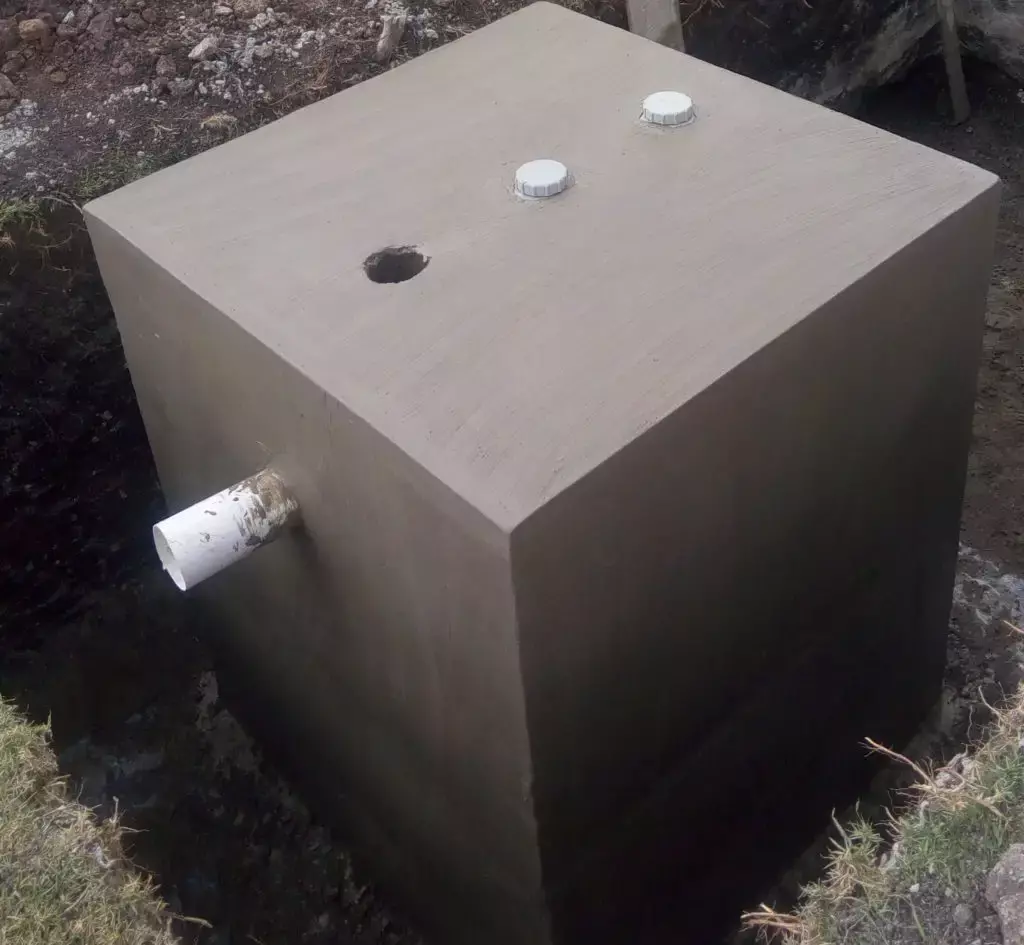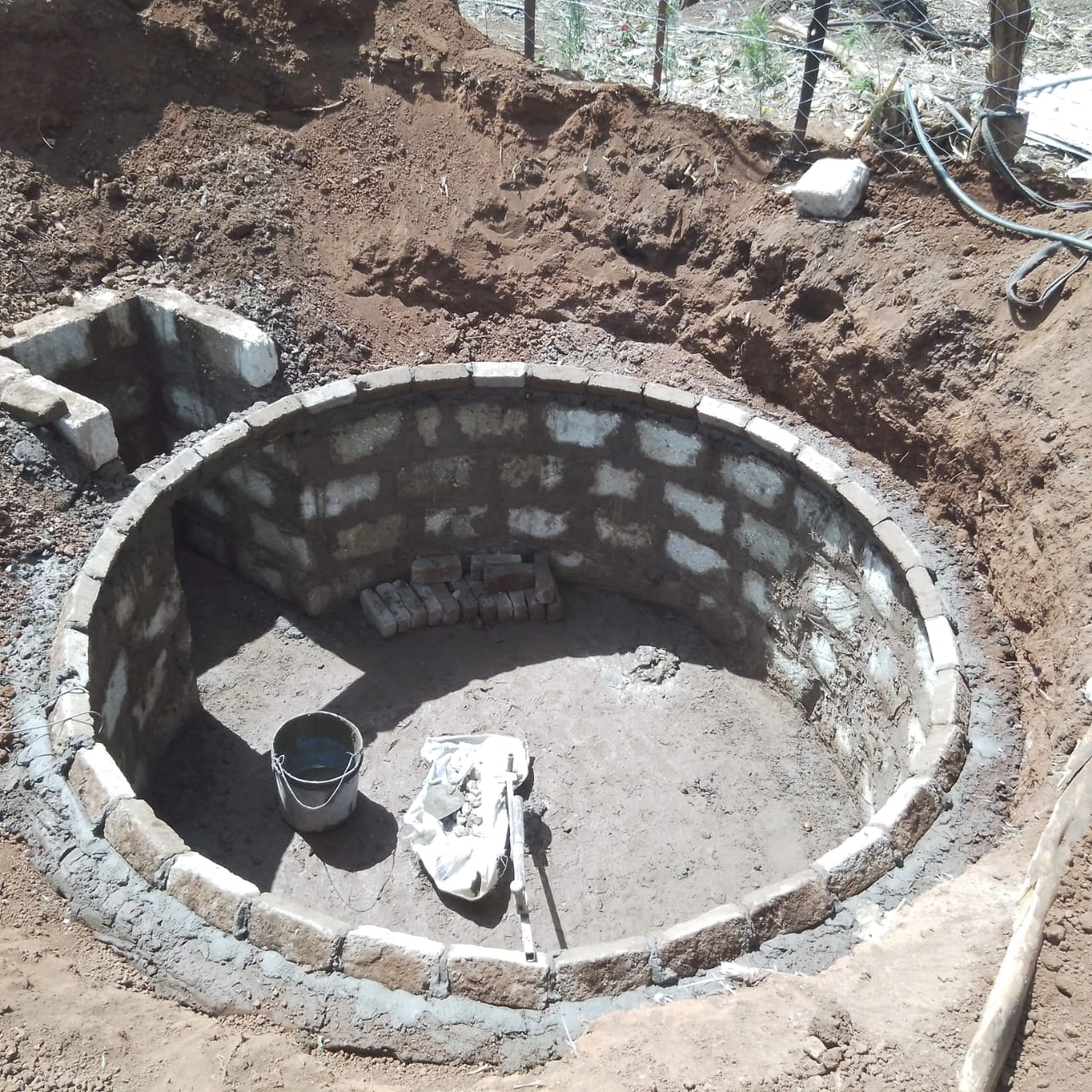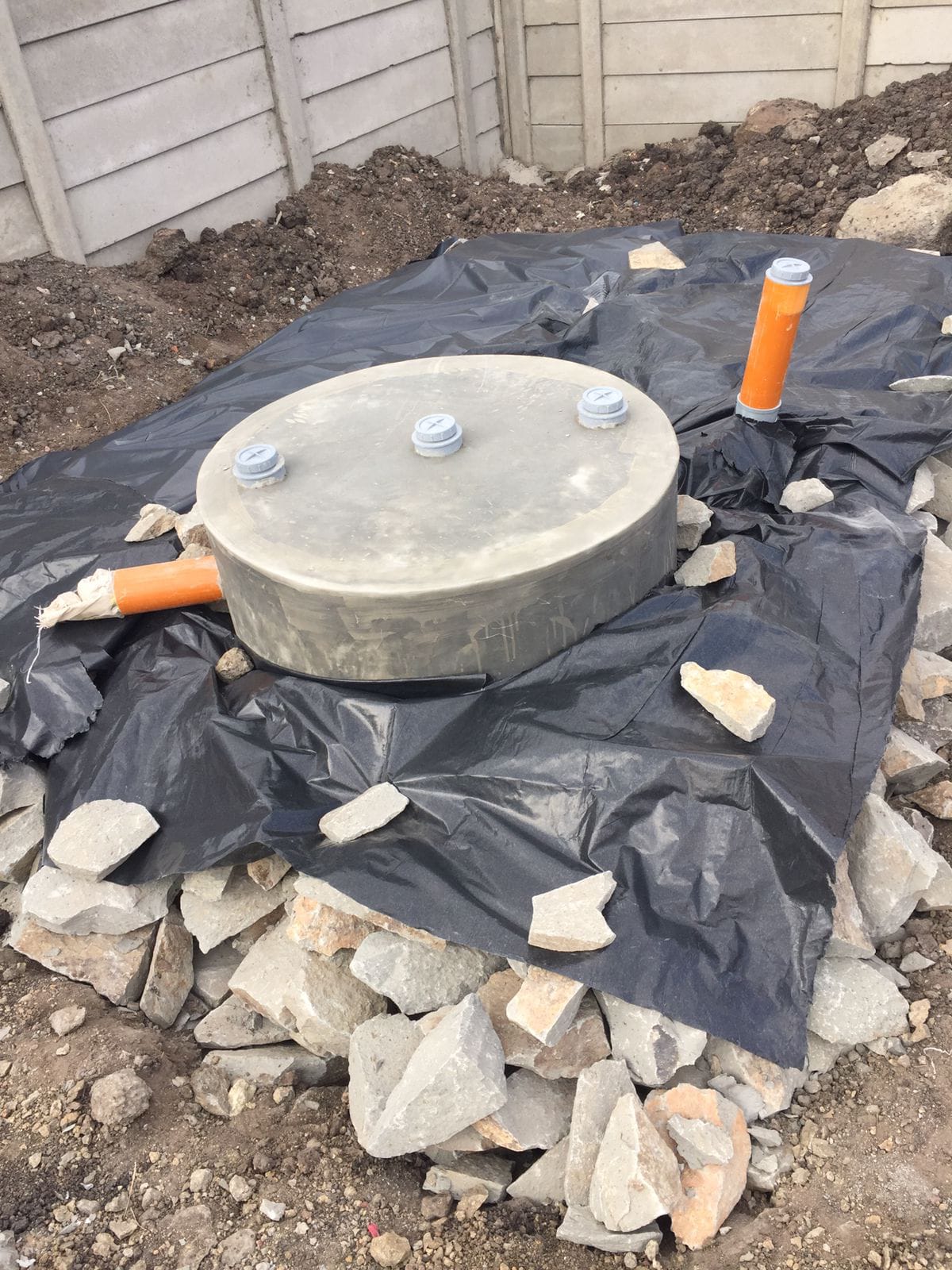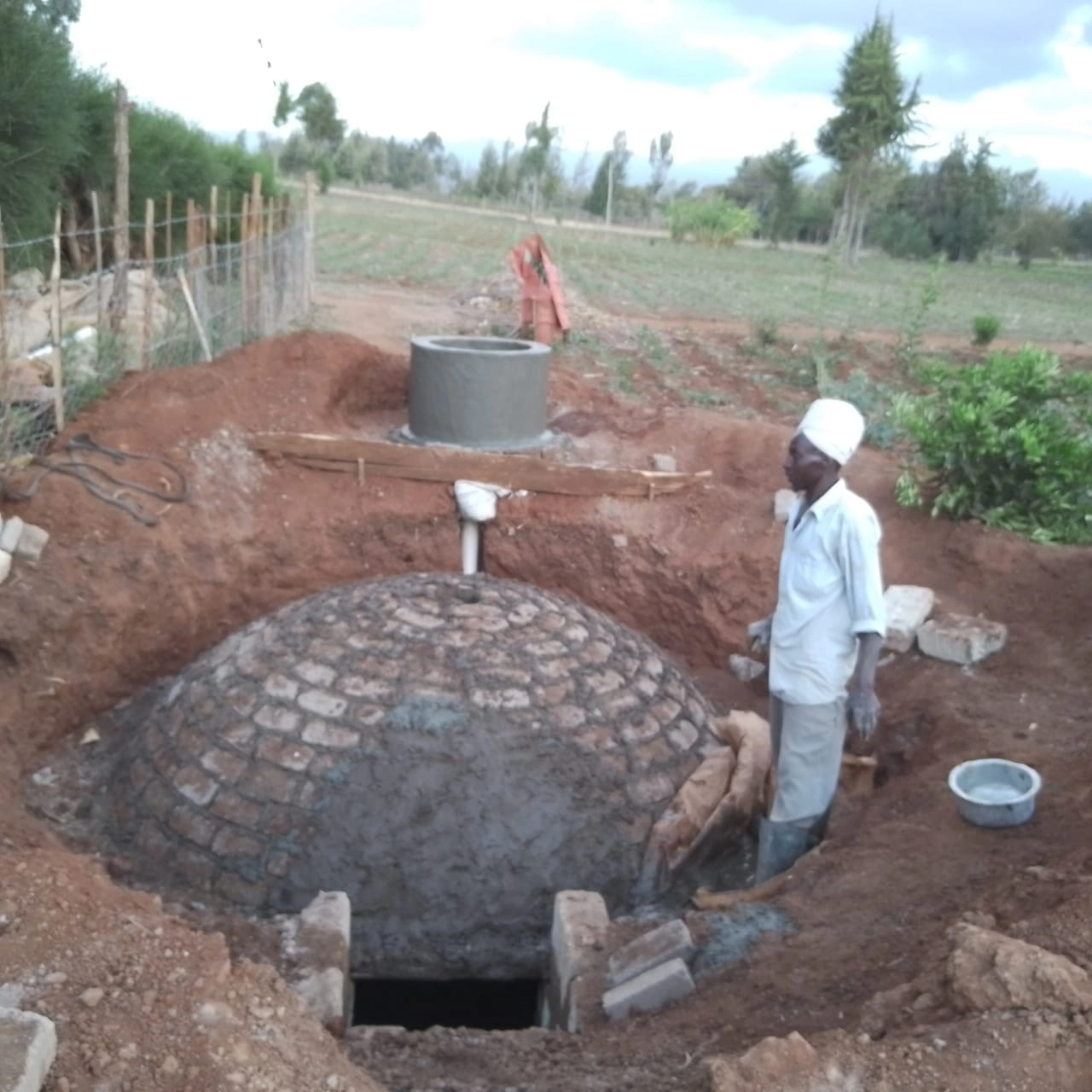In conclusion, properly sizing your bio digester is essential for maximizing its efficiency and effectiveness in managing household waste.
By considering factors such as waste generation rate, available space, and future expansion, you can ensure that your bio digester meets your household’s needs now and in the future.

Introduction
Effective waste management is a critical issue in Kenya, where traditional septic systems often lead to environmental and health problems.
Enter the biodigester—a modern, eco-friendly solution that not only manages waste efficiently but also converts it into harmless byproducts.
In this article, we’ll explore how biodigesters work, their benefits, and why you should consider installing one with Bio Digester Kenya.
What is a Biodigester?
Definition and Basic Concept
A biodigester is an innovative waste management system that uses biological processes to decompose human waste.
It transforms waste into water and biogas, which can be used for various purposes, reducing the environmental footprint.
Components of a Biodigester
A typical biodigester consists of:
- Inlet Pipe: Where waste enters the tank.
- Digestion Chamber: The main tank where waste is broken down by enzymes.
- Outlet Pipe: For the safe discharge of water.
- Gas Vent: Allows biogas to be collected or released.
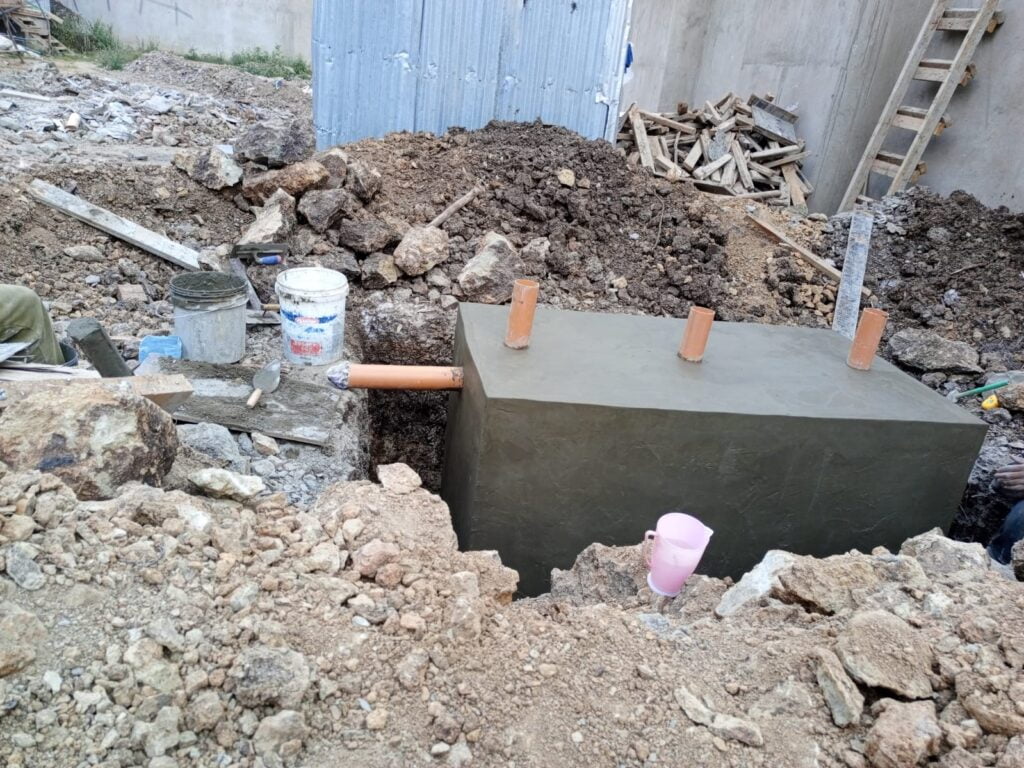
How Does a Biodigester Work?
The Biological Process
Human waste enters the biodigester through the inlet pipe.
Inside the digestion chamber, enzymes break down the waste in an anaerobic (oxygen-free) environment.
This process produces biogas (methane and carbon dioxide) and treated water.
Role of Enzymes
Enzymes play a crucial role by accelerating the decomposition of organic matter.
These specially formulated enzymes ensure that the breakdown process is efficient, resulting in minimal odor and maximum biogas production.
Benefits of Using Biodigesters in Kenya
Environmental Benefits
Biodigesters significantly reduce methane emissions compared to traditional septic tanks.
The treated water is non-polluting, and the biogas can be used as a renewable energy source, reducing reliance on fossil fuels.
Economic Advantages
While the initial cost may be higher, biodigesters offer long-term savings through reduced maintenance costs and potential energy savings from biogas use.
Additionally, they can increase property value by providing a modern waste management solution.
Applications of Biodigesters
Residential Use
For homes, biodigesters provide a hassle-free waste management solution.
They are compact, odorless, and require minimal maintenance, making them ideal for urban and rural settings alike.
Commercial Use
In commercial spaces, biodigesters can handle larger volumes of waste efficiently.
They are perfect for hotels, apartments, schools, and other establishments, providing a sustainable and cost-effective waste management solution.
Bio Digester Kenya: Your Expert Partner
About Our Services
Bio Digester Kenya specializes in designing, installing, and maintaining biodigesters.
Our systems are tailored to meet the specific needs of our clients, ensuring optimal performance and customer satisfaction.
Why Choose Bio Digester Kenya
With extensive experience and a commitment to sustainability, we are the go-to experts for biodigester solutions in Kenya.
Our team provides professional installation and ongoing support to ensure your system runs smoothly.
Installation Process
Initial Consultation
We start with a thorough consultation to understand your needs and site conditions.
This helps us design a system that fits your requirements perfectly.
Design and Planning
Our experts create a custom design for your biodigester system, considering factors like waste volume, site layout, and environmental conditions.
Installation Steps
Installation involves site preparation, tank installation, plumbing connections, and system testing.
Our team ensures the process is seamless and minimally disruptive.
Maintenance of Biodigesters
Routine Checks
Regular inspections help identify and address any issues early. Checking for leaks, blockages, and enzyme levels ensures the system operates efficiently.
Refilling Enzymes
Enzymes need to be replenished periodically to maintain optimal waste breakdown. Bio Digester Kenya provides high-quality enzymes specifically formulated for our systems.
Troubleshooting Common Issues
We offer support for any operational issues, from minor blockages to enzyme performance. Our team is always ready to assist with maintenance and repairs.
Cost of Installing a Biodigester in Kenya
Factors Affecting Cost
Costs vary based on the size of the system, complexity of installation, and specific site requirements.
Larger systems and more complex installations naturally incur higher costs.
Cost Breakdown
The typical cost for residential biodigesters ranges from KSh 95,000 to KSh 150,000.
Commercial systems can range from KSh 200,000 to KSh 400,000. These costs include the tank, installation, and initial enzyme supply.
Long-Term Savings
Despite the upfront investment, biodigesters save money over time through reduced maintenance and potential biogas utilization, which can offset energy costs.
Case Study: Residential Biodigester Installation
Overview and Costs
A family in Nairobi installed a biodigester for KSh 120,000. The system has significantly reduced their water and maintenance costs.
Benefits Experienced
The family enjoys a clean, odor-free environment, lower utility bills, and the satisfaction of contributing to environmental sustainability.
Case Study: Commercial Biodigester Installation
Overview and Costs
An apartment complex in Mombasa installed a commercial biodigester for KSh 350,000. This system efficiently handles waste from multiple units.
Benefits Experienced
The complex benefits from reduced maintenance costs, an additional energy source from biogas, and improved tenant satisfaction due to better waste management.
Common Misconceptions About Biodigesters
Myth vs. Reality
Many people believe biodigesters are complicated and costly to maintain. In reality, they are straightforward to operate and have lower long-term costs compared to traditional systems.
Addressing Concerns
Concerns about odor and safety are unfounded. Biodigesters are designed to be odorless and environmentally safe, making them a reliable choice for waste management.
Future of Waste Management in Kenya
Role of Biodigesters
As Kenya continues to urbanize, biodigesters will play a crucial role in sustainable waste management.
Their ability to convert waste into useful byproducts makes them a key component of future waste management strategies.
Innovations and Trends
Advancements in enzyme technology and system design will make biodigesters even more efficient and accessible, further promoting their adoption in Kenya.
Conclusion
Biodigestersoffer a sustainable, efficient, and cost-effective solution for waste management in Kenya.
By choosing Bio Digester Kenya, you are investing in a cleaner future.
Contact us today to learn more about our products and services and take the first step towards sustainable waste management.
Maintenance FAQs Upkeep
1. How long does a biodigester last?
A well-maintained biodigester can last for many years, often outlasting traditional septic systems.
2. Are biodigesters safe for the environment?
Yes, biodigesters are environmentally friendly, reducing methane emissions and preventing groundwater contamination.
3. How often should enzymes be refilled?
Enzymes should be refilled periodically, typically every six months to a year, depending on usage.
4. Can biodigesters handle all types of waste?
Biodigesters are designed for organic waste, including human waste, food scraps, and agricultural residues. They are not suitable for non-organic waste.
5. What happens to the water produced by a biodigester?
The treated water is safe and non-polluting, typically absorbed into the ground through a soaking area.
